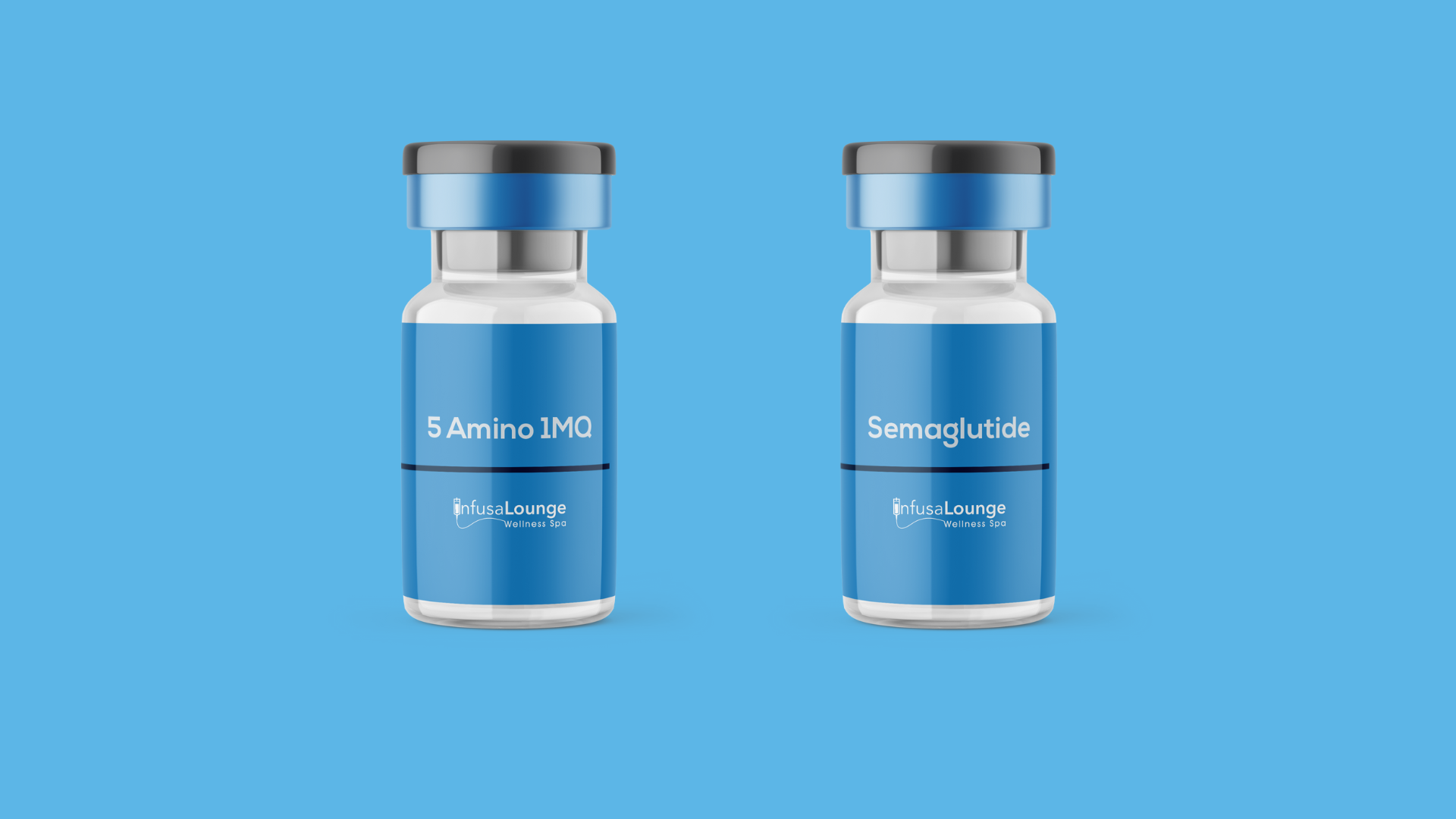The Role of IV Therapy in Pain Management
Pain is a universal human experience, affecting individuals of all ages and backgrounds. Whether it stems from injury, illness, or chronic conditions, managing pain effectively is essential for maintaining overall health and quality of life. In recent years, IV therapy has emerged as a promising modality for pain relief, offering a safe, effective, and non-invasive approach to addressing discomfort and promoting healing. In this article, we will explore the role of IV therapy in pain management, highlighting relief strategies and solutions available to residents of Allen, TX and beyond.
Understanding Pain and Its Impact
Pain is a complex and multifaceted phenomenon that can manifest in various forms, including acute, chronic, and neuropathic pain. While acute pain typically arises suddenly in response to injury or trauma and resolves once the underlying cause is treated, chronic pain persists over an extended period, often lasting months or even years. Chronic pain can significantly impact an individual’s physical, emotional, and psychological well-being, leading to functional limitations, reduced mobility, and impaired quality of life. Additionally, neuropathic pain, resulting from damage or dysfunction of the nervous system, presents unique challenges and requires specialized treatment approaches.
The Limitations of Conventional Pain Management
Traditional approaches to pain management often rely on pharmaceutical interventions such as nonsteroidal anti-inflammatory drugs (NSAIDs), opioids, and corticosteroids. While these medications can provide temporary relief, they come with a host of potential side effects and risks, including addiction, dependency, and gastrointestinal complications. Moreover, long-term use of these medications may lead to tolerance, necessitating higher doses for the same level of pain relief. As a result, many individuals are seeking alternative and complementary therapies to manage pain more effectively while minimizing the need for conventional medications.
Click here to read another great article.
The Role of IV Therapy in Pain Management
IV therapy, also known as intravenous therapy, involves the administration of fluids, vitamins, minerals, and other nutrients directly into the bloodstream via a sterile intravenous line. While IV therapy has long been used in medical settings for hydration, nutrient supplementation, and medication delivery, its role in pain management has garnered increasing attention in recent years. By bypassing the digestive system and delivering therapeutic agents directly into the bloodstream, IV therapy offers several distinct advantages for pain relief:
IV therapy for pain relief in Allen, TX allows for rapid absorption and utilization of pain-relieving medications and nutrients, resulting in faster onset of action and enhanced efficacy compared to oral medications. This is particularly beneficial for individuals experiencing acute pain or breakthrough pain episodes who require immediate relief.
Managing pain with IV infusions provides a targeted approach to pain management, allowing for precise dosing and customization of treatment regimens based on individual needs and responses. IV therapy can be tailored to address specific types of pain, such as neuropathic pain, inflammatory pain, or musculoskeletal pain, and can be adjusted as needed to optimize outcomes.
Benefits of IV therapy for chronic pain include sustained pain relief, improved functional status, and enhanced quality of life for individuals living with long-term pain conditions. By addressing underlying nutritional deficiencies, supporting cellular function, and reducing inflammation, IV therapy can help mitigate the physical and psychological toll of chronic pain and promote overall well-being.
Pain management solutions with IV treatment extend beyond pharmaceutical interventions to include a range of complementary therapies and modalities. IV therapy can be combined with other pain management techniques such as acupuncture, massage therapy, physical therapy, and mindfulness-based practices to provide comprehensive and holistic care.
The Science Behind IV Therapy for Pain Relief
The mechanisms by which IV therapy exerts its analgesic effects are multifaceted and may vary depending on the specific nutrients and medications administered. Several key components of IV therapy have been shown to contribute to pain relief:
- Anti-inflammatory agents: Many IV therapy formulations contain anti-inflammatory agents such as vitamin C, magnesium, and glutathione, which help reduce inflammation and alleviate pain associated with inflammatory conditions such as arthritis, fibromyalgia, and autoimmune disorders.
- Analgesic medications: IV therapy may include pain-relieving medications such as ketamine, lidocaine, and magnesium sulfate, which act on the central nervous system to block pain signals and modulate pain perception.
- Nutrient supplementation: Nutritional deficiencies can exacerbate pain and contribute to chronic inflammation. IV therapy delivers essential vitamins, minerals, and antioxidants directly into the bloodstream, replenishing depleted nutrients and supporting cellular function and repair.
- Hydration and electrolyte balance: Dehydration and electrolyte imbalances can exacerbate pain and fatigue. IV therapy provides rapid hydration and electrolyte replenishment, helping restore fluid balance and optimize cellular function.
Practical Considerations for IV Therapy in Pain Management
If you’re considering IV therapy for pain control in Allen, it’s essential to consult with a qualified healthcare provider who specializes in pain management and integrative medicine. Your provider will conduct a comprehensive evaluation to assess your medical history, current symptoms, and treatment goals and develop a personalized treatment plan tailored
to your needs. Here are some practical considerations to keep in mind:
- Choose a reputable IV therapy provider: Look for a licensed healthcare facility or clinic that employs experienced medical professionals and adheres to strict safety and quality standards. Verify that the clinic follows proper infection control protocols, uses sterile equipment, and maintains a clean and sanitary environment.
- Discuss your options: During your initial consultation, discuss your pain management goals, preferences, and concerns with your healthcare provider. Be open and honest about your medical history, including any underlying health conditions, allergies, or medications you’re currently taking.
- Ask about potential side effects: While IV therapy is generally safe and well-tolerated, it’s essential to be aware of potential side effects and risks associated with specific medications and nutrients. Your healthcare provider can provide guidance on what to expect during and after your IV therapy sessions and how to minimize any potential adverse reactions.
- Follow your treatment plan: Consistency is key when it comes to IV therapy for pain management. Follow your provider’s recommendations regarding the frequency and duration of your treatment sessions, and be proactive about scheduling follow-up appointments to monitor your progress and adjust your treatment plan as needed.
- Incorporate complementary therapies: IV therapy is most effective when combined with other holistic pain management strategies, such as lifestyle modifications, stress reduction techniques, and physical rehabilitation exercises. Explore complementary therapies that resonate with you and integrate them into your overall pain management plan for optimal results.
Conclusion: Empowering Pain Relief with IV Therapy
In conclusion, IV therapy offers a promising avenue for pain relief and management, providing a safe, effective, and integrative approach to addressing discomfort and promoting healing from within. By harnessing the power of intravenous nutrients, medications, and hydration, individuals living with acute and chronic pain conditions can experience enhanced quality of life, improved functional status, and renewed vitality. As a trusted provider of IV therapy in Allen, TX, I am dedicated to supporting my clients on their journey toward optimal health and well-being, empowering them to reclaim their lives and thrive.
If you’re ready to explore the benefits of IV therapy for pain management in Allen, TX, I invite you to schedule a consultation with me today. Together, we can develop a personalized treatment plan that meets your unique needs and helps you live your best life, free from the constraints of pain.
By offering comprehensive insights into the role of IV therapy in pain management and addressing various relief strategies, this blog post aims to provide valuable guidance and support to individuals seeking alternative solutions for pain relief in Allen, TX, and beyond. As you embark on your journey toward greater comfort and well-being, may you find empowerment, hope, and healing with each step you take.
About the Author:
As a seasoned practitioner in the field of IV therapy, I am deeply passionate about helping individuals find relief from pain and regain control over their health and well-being. With years of experience working with clients in Allen, TX and beyond, I have witnessed firsthand the transformative power of IV therapy in alleviating discomfort and improving quality of life. My commitment to providing compassionate care and personalized treatment solutions drives me to stay informed about the latest advancements in pain management and holistic wellness.
Medical Disclaimer: Content in this article is for informational purposes only and does not constitute medical advice, diagnosis, or treatment recommendations. Information pertaining to IV therapy, peptides, weight loss, aesthetics, and regenerative therapies is based on current practices and knowledge, intended for educational purposes, and not evaluated by the FDA. These are not intended to diagnose, treat, cure, or prevent any disease. Always seek the advice of your physician or other qualified health provider with any questions you may have regarding a medical condition or treatment options.







